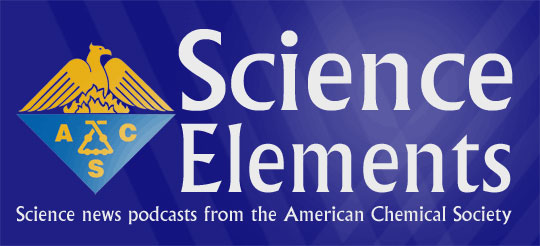| |||||||||||
|

Sugar BatteriesEmbargoed: Sunday, March 25, 10:00 a.m., Central Time Sugar is nature’s fuel. It supplies energy for all living things in the form of glucose. Now, scientists at Saint Louis University in Missouri have figured out how to tap into this natural source of energy for things like cell phones, iPods, computers, and other electronic gadgets. The research was presented at the national meeting of the American Chemical Society in Chicago. The scientists have developed a battery that runs on just about any sugar source, even soft drinks and tree sap. And it lasts three to four times longer than current lithium-ion batteries. Other research teams also have worked on sugar-powered batteries, but the Missouri scientists say that, so far, their battery is the longest-lasting and most powerful. If continued testing is successful, sugar batteries could be on store shelves in about five years or so. I’m Marvin Coyner in Washington for the American Chemical Society – improving people’s lives through the transforming power of chemistry. |
|||||||||||||||||
All Rights Reserved. Terms of Use | Privacy Policy | Feedback | Au sujet de la ACS | Acerca de la ACS |
||||||||||||||||||





